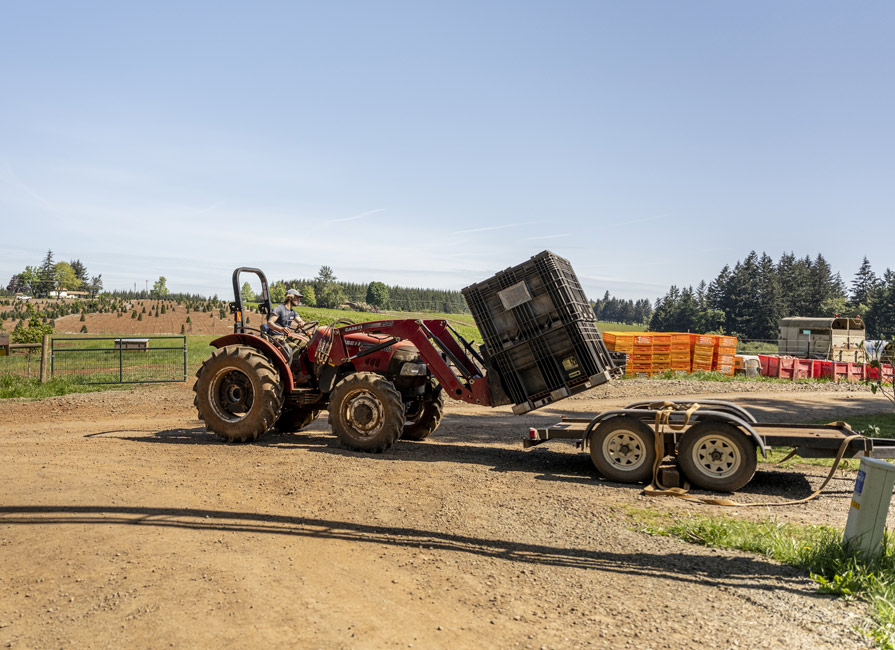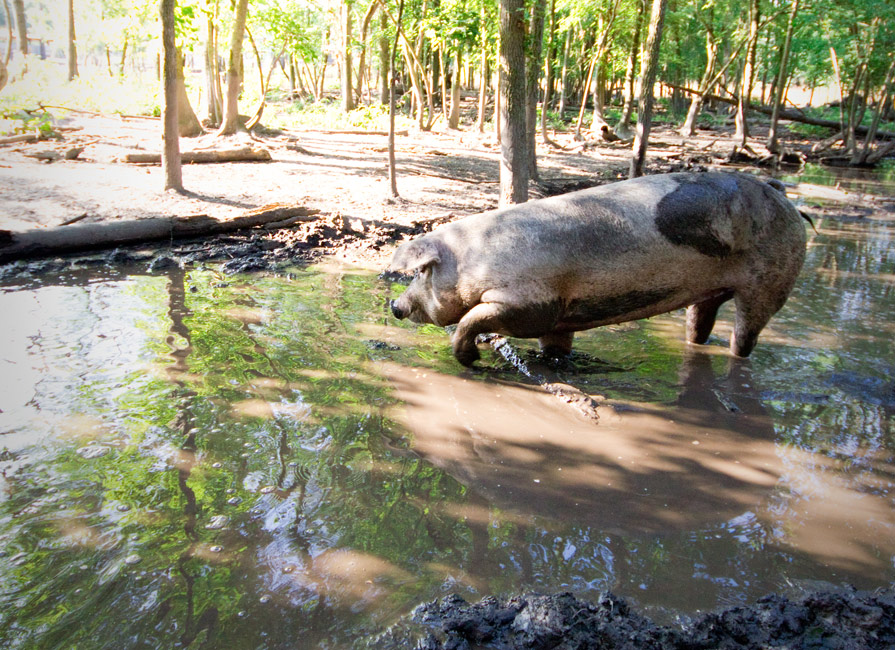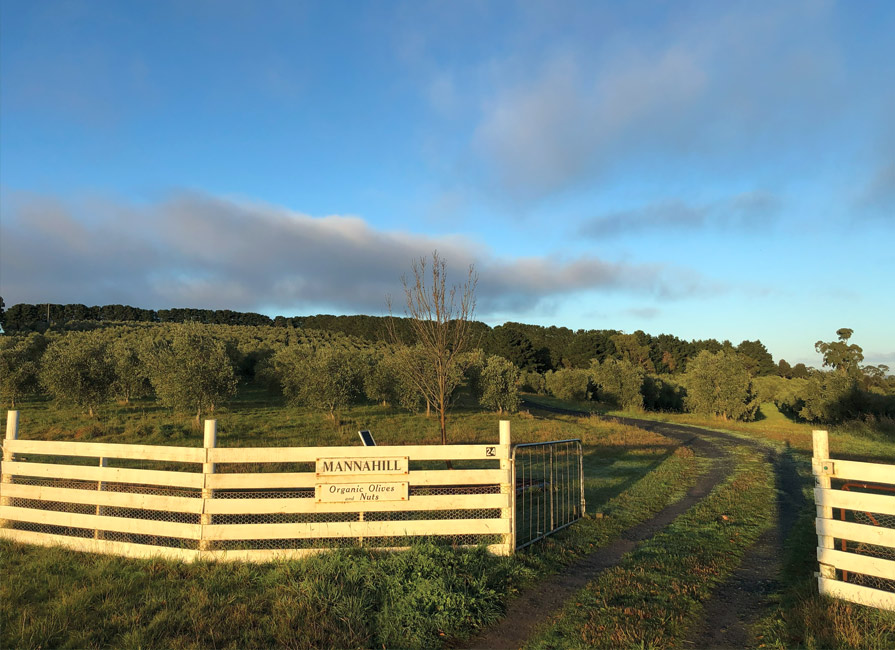Understanding Input Requirements
One of the key attractions of our Certified Regenerative by AGW program is its practical and flexible approach to managing farming inputs. This approach often means that farmers can start their regenerative certification journey without having to overhaul their management practices overnight. However, this does not mean inputs can be used without limits. According to the standards, restricted inputs may only be used if they are planned and targeted within an approved Regenerative Plan and you intend to phase them…
So Much Change
A strong product label is more important than ever. A recent report by the Food Industry Association and NielsenIQ found two-thirds (64%) of U.S. shoppers would switch from their usual food brand to one that provides transparent product information beyond nutritional facts. Labels drive purchasing decisions Food labels are one of the primary ways consumers learn about food products and brands. As an AGW-certified producer, you already meet the highest standards for animal welfare, grassfed production, non-GMO, and/or regenerative…
Staying Safe On The Farm
Farming is not just a job: it is a way of life that most people involved truly love. Unfortunately, there are many associated dangers … According to the U.S. Bureau of Labor Statistics, in 2022, agriculture had a fatality rate of 20 deaths per 100,000 workers—more than five times the rate for all industries, and far exceeding other industries considered hazardous like mining. There are many unique aspects about agriculture that have led to these alarming statistics. Farm families and…
Hog Roast
Despite the well-known saying, pigs don’t actually sweat (aside from their snouts) and can struggle to maintain their body temperature. Without proper management, heat stress in pigs can lead to reduced growth rates, fertility issues, and even death. First, we need to get our terms clear. Sunburn and heat stress are two different conditions. Sunburn is caused by prolonged exposure to ultraviolet light from the sun, while heat stress is caused by the inability of the pig to cool down…
Grove New World
Humans have grown olives in the Mediterranean for thousands of years—probably since the start of agriculture over 10,000 years ago. Today, they are grown commercially in similar climates worldwide, including California, Argentina, Australia, and South Africa. Despite being hardy, olive trees have specific requirements for successful production. They thrive in well-drained, neutral to slightly alkaline soils but struggle with high humidity, especially in summer. While they tolerate extreme temperatures, deep frosts can cause significant losses. Olive trees require temperatures of…




